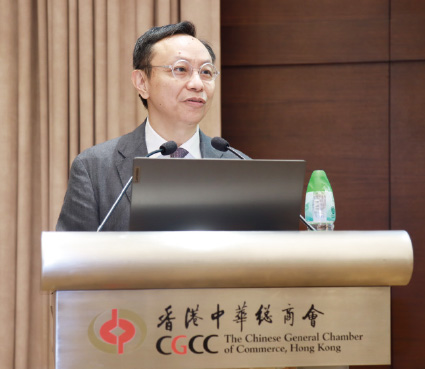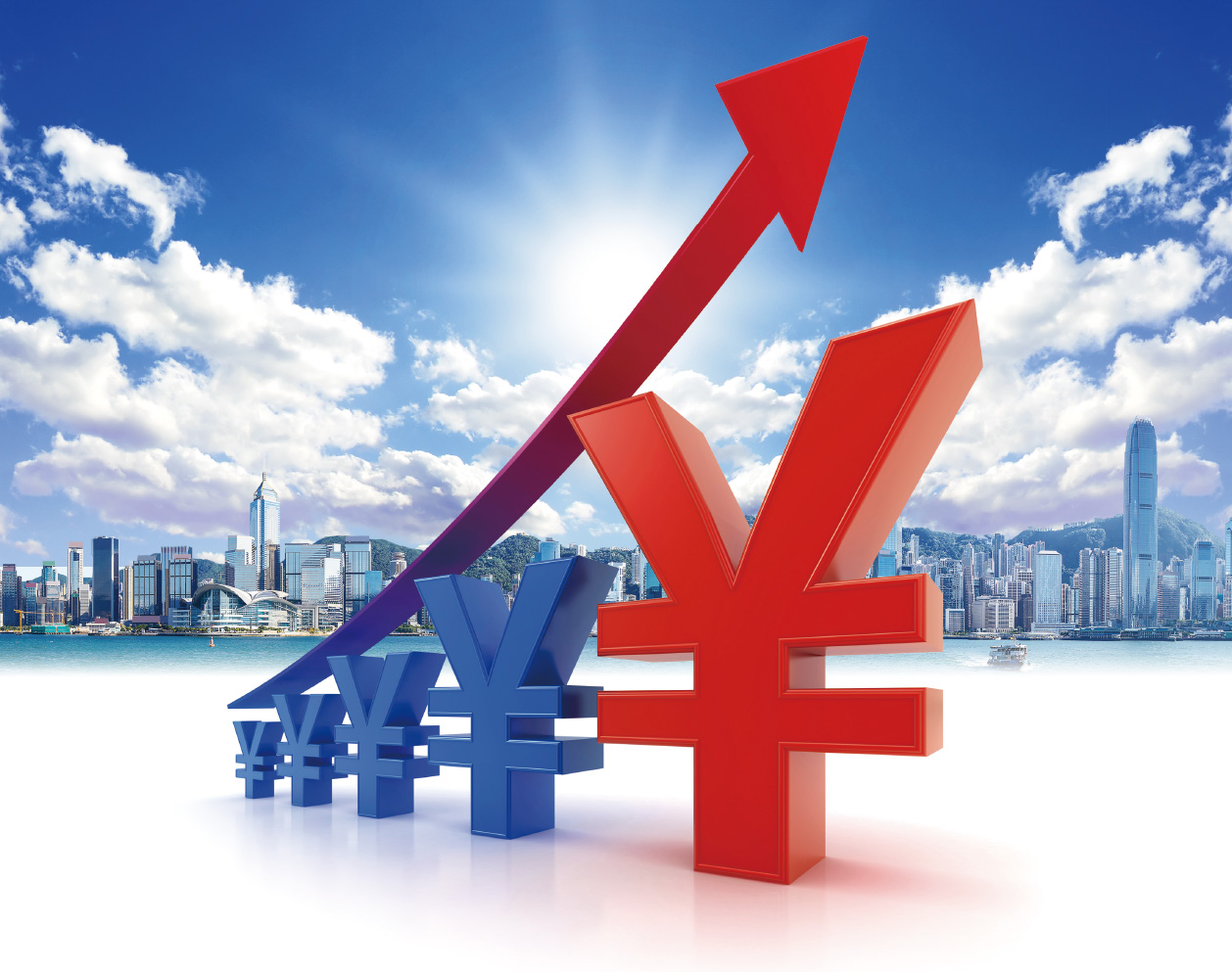RMB Internationalization Strategy and Hong Kong’s Role
The RMB has become an important part of the global financial system, and its function as an international currency is constantly improving. Hong Kong’s efforts to promote the internationalization of the RMB have also brought huge business opportunities to itself.
Current status of RMB internationalization
RMB internationalization, officially launched by the country in 2009, has now reached an important turning point. Darryl Chan, Deputy Chief Executive of the Hong Kong Monetary Authority (HKMA), explained that the degree of internationalization of a currency can be measured with respect to international trade, foreign exchange transactions, foreign exchange reserves and international financing.
Chan pointed out that the proportion of international currency assets such as the US dollar, the euro, the Japanese yen, and the pound sterling in global foreign exchange reserves have continued to decline, gradually falling from about 98% before the global financial crisis to less than 90% in the first quarter of 2023. In contrast, non-traditional international currencies are increasingly favoured by various countries, with an increasing number of countries allocating reserve assets to non-traditional currencies. There are also many examples of the RMB being used by third parties, as companies are increasingly settling their transactions in the RMB, reflecting the rising international appeal of the currency.
Chan said that the RMB is developing steadily as an international currency for global foreign exchange reserves, foreign exchange transactions and financing. The liberalization of trade and capital markets in the Mainland and the inclusion of RMB assets in global stock and bond indices have a positive impact on promoting RMB internationalization.
Hong Kong has advantages and become an important hub
 Chan further said that Hong Kong has many advantages in the field of RMB internationalization. First, Hong Kong has abundant foreign exchange reserves and its banking sector has strong capital and sufficient liquidity, with deposits growing at a moderate pace. In addition, Hong Kong is an international leader in many financial fields and is also full of talented people who are able to provide high-quality professional services, so it can play an important role in the course of RMB internationalization.
Chan further said that Hong Kong has many advantages in the field of RMB internationalization. First, Hong Kong has abundant foreign exchange reserves and its banking sector has strong capital and sufficient liquidity, with deposits growing at a moderate pace. In addition, Hong Kong is an international leader in many financial fields and is also full of talented people who are able to provide high-quality professional services, so it can play an important role in the course of RMB internationalization.He mentioned that Hong Kong, which serves as a testing ground and firewall for RMB internationalization, has built a financial infrastructure for the RMB over the years and launched many offshore RMB products through interconnection mechanisms. It is evident that Hong Kong has developed into an offshore RMB business hub and possesses the largest offshore RMB capital pool. It has also established an important offshore RMB bond market and foreign exchange center, and is a unique channel to enter the Mainland market as well.
Hong Kong’s future development direction
In Chan’s view, Hong Kong should strive to increase the liquidity of the RMB in the offshore market and drive the development of more RMB products in order to seize the opportunities from regional economic and trade cooperation to promote its development as an offshore RMB business hub.
He also mentioned that the HKMA will continue to maintain communication with the Mainland to strive to improve, expand and deepen various interconnection mechanisms to facilitate the RMB’s cross-border use and two-way flow of funds. He also expressed hope that local businesses would actively use Hong Kong’s offshore RMB market to handle various types of cross-border trade settlement, investment financing, treasury and risk management transactions.
This is an abstract of National Studies Program: “RMA Internationalization Strategy and Hong Kong Role” organized by the Chamber’s Education and Training Committee.




